Events
-
-
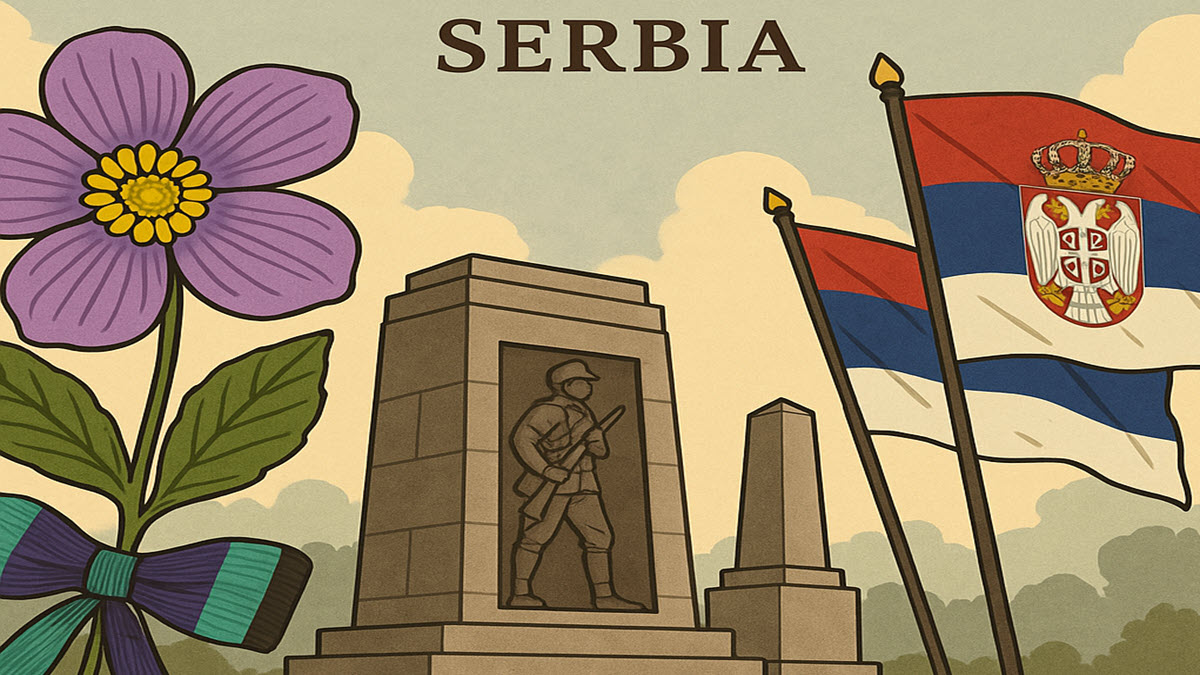
Armistice Day (Serbia)
Armistice Day in Serbia commemorates the end of World War I and honors Serbian soldiers and civilians who sacrificed their lives. It is symbolized by the Natalie’s Ramonda flower and marked by ceremonies, memorials, and national remembrance.
-
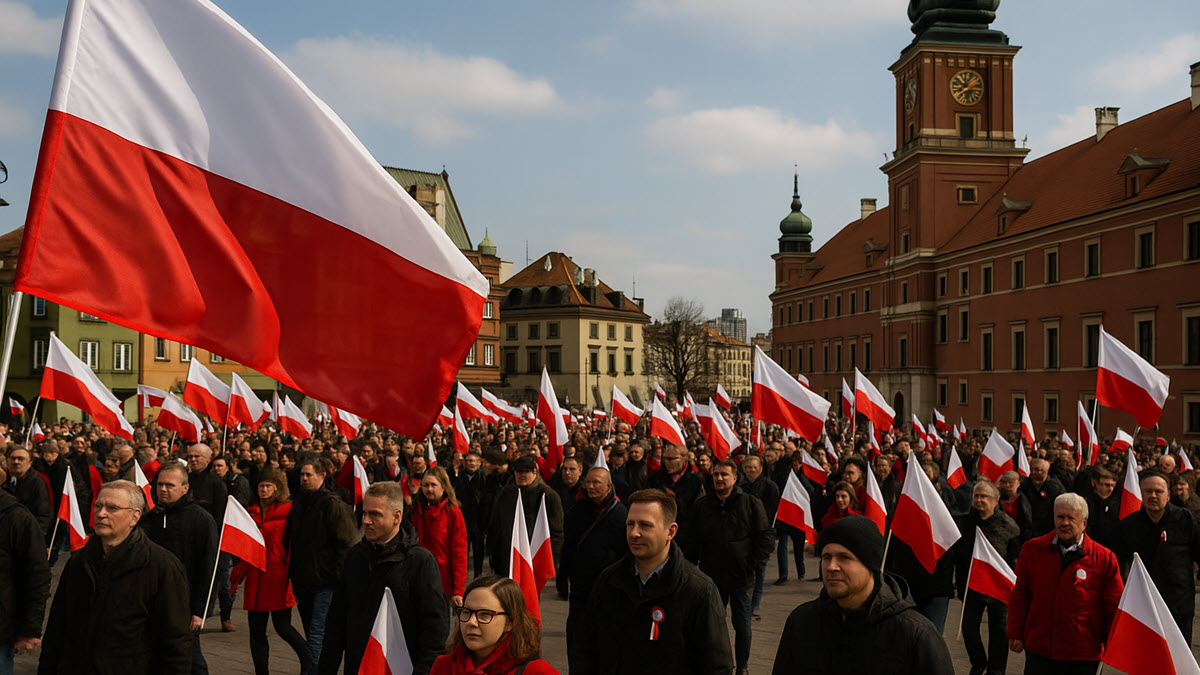
Independence Day (Poland)
Independence Day in Poland marks the country’s regaining of independence in 1918 after 123 years of partitions by Russia, Prussia, and Austria. It honors the restoration of the Polish state and the efforts of national heroes like Józef Piłsudski. It is a symbol of freedom, resilience and unity for the Polish people.
-
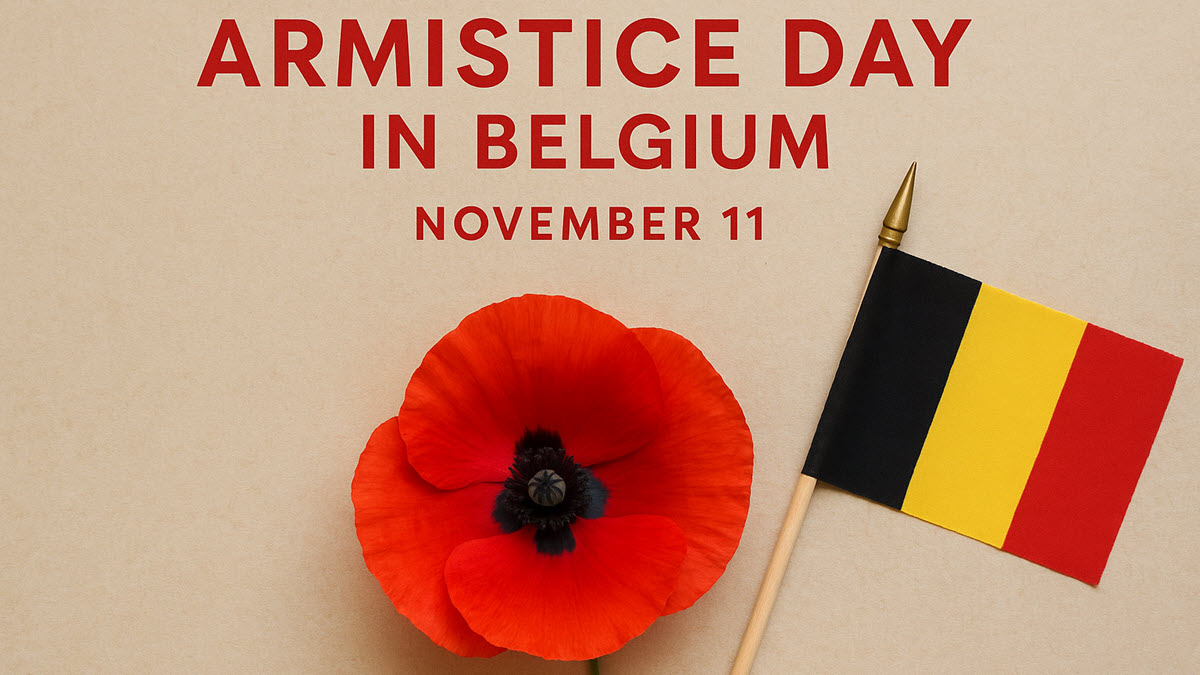
Armistice Day (Belgium)
Armistice Day in Belgium commemorates the end of World War I in 1918 and honors all those who lost their lives in the war and in subsequent conflicts. The day marks the signing of the armistice between the Allies and Germany, which brought peace after four years of devastating fighting, much of it on Belgian soil. It is a day of remembrance, gratitude and reflection on peace and the resilience of the Belgian people.
-
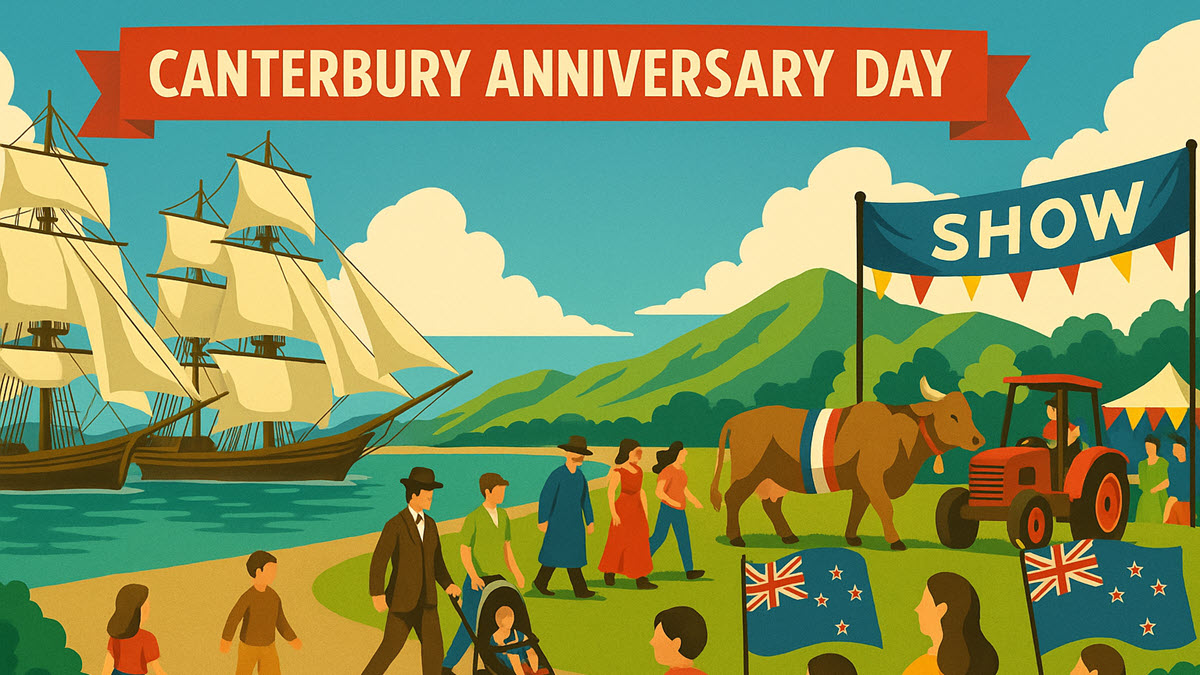
Canterbury Anniversary Day
Canterbury Anniversary Day commemorates the arrival of the First Four Ships in 1850 and the founding of the Canterbury Province. Though linked to December 16, it is now observed on the Show Day in November, marked by agricultural fairs, community events and a regional holiday.
-
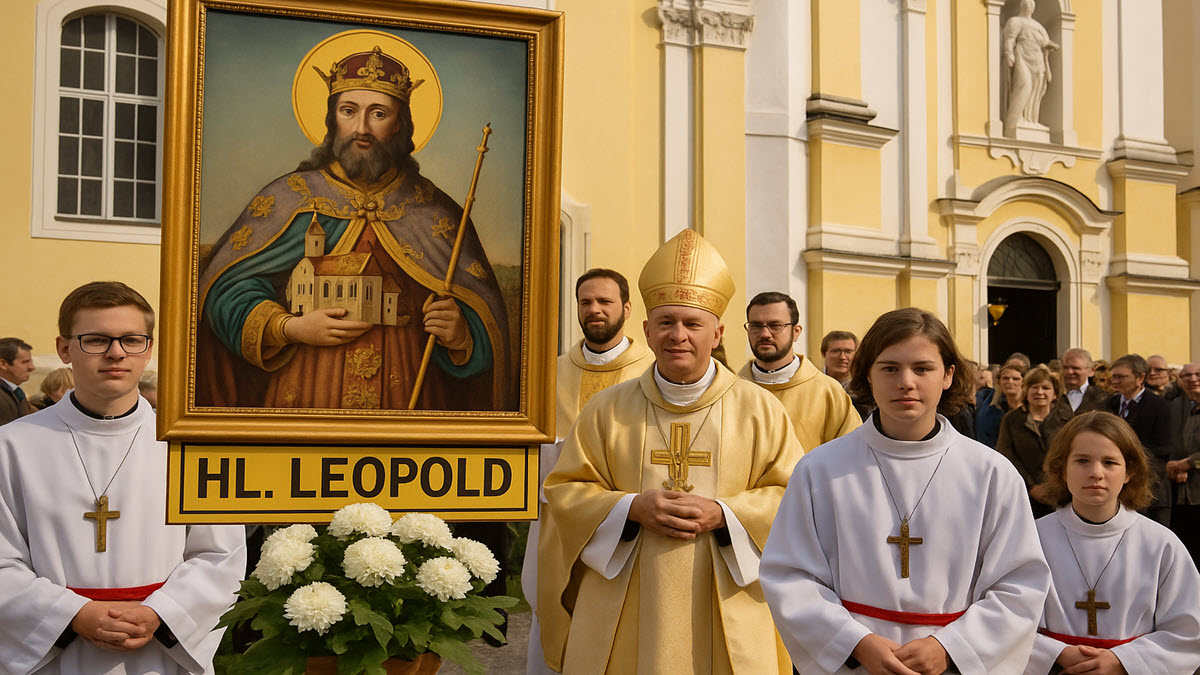
St. Leopold's Day (Austria)
St. Leopold’s Day in Lower Austria is both a religious feast and a regional celebration, reflecting centuries of devotion to the margrave who shaped Austria's early history. The day highlights Lower Austria’s pride in its patron saint and keeps alive traditions that date back to the Middle Ages.
-
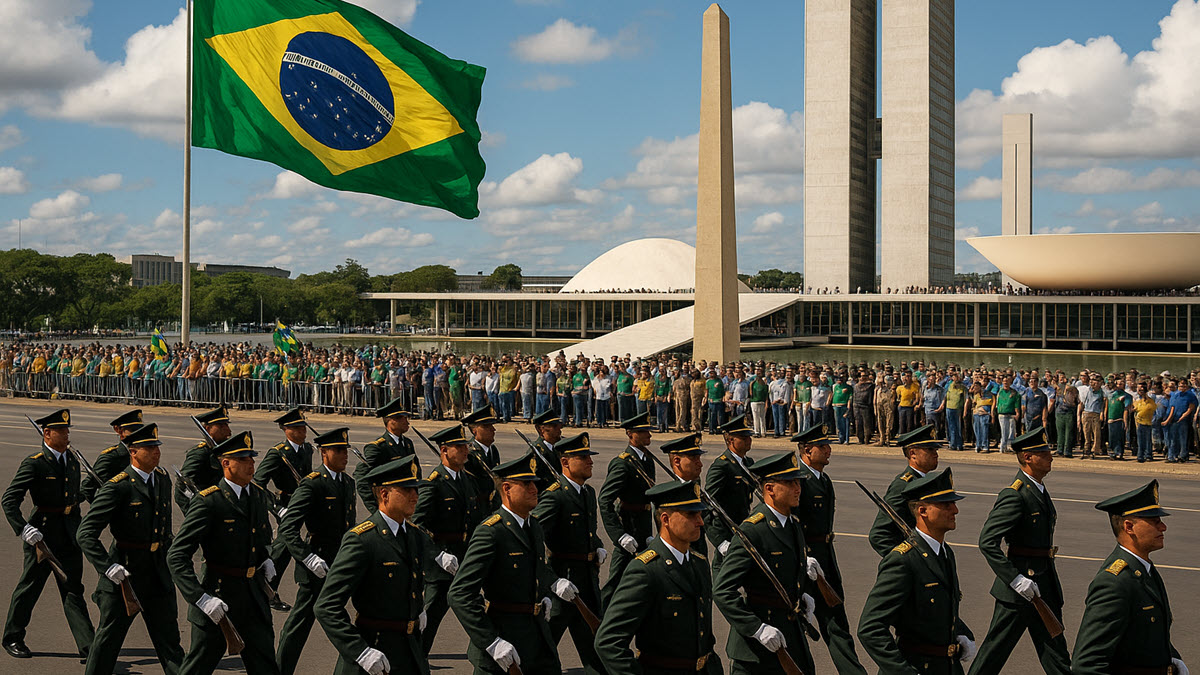
Republic Day (Brazil)
Republic Day in Brazil marks the 1889 proclamation that ended the monarchy and established the Federative Republic of Brazil. The day commemorates the peaceful military movement led by Marshal Deodoro da Fonseca, which ushered in a new era of republican governance. It is observed with civic ceremonies, parades, and educational events, honoring Brazil’s transition to a modern state grounded in citizenship, democracy, and national identity.
-
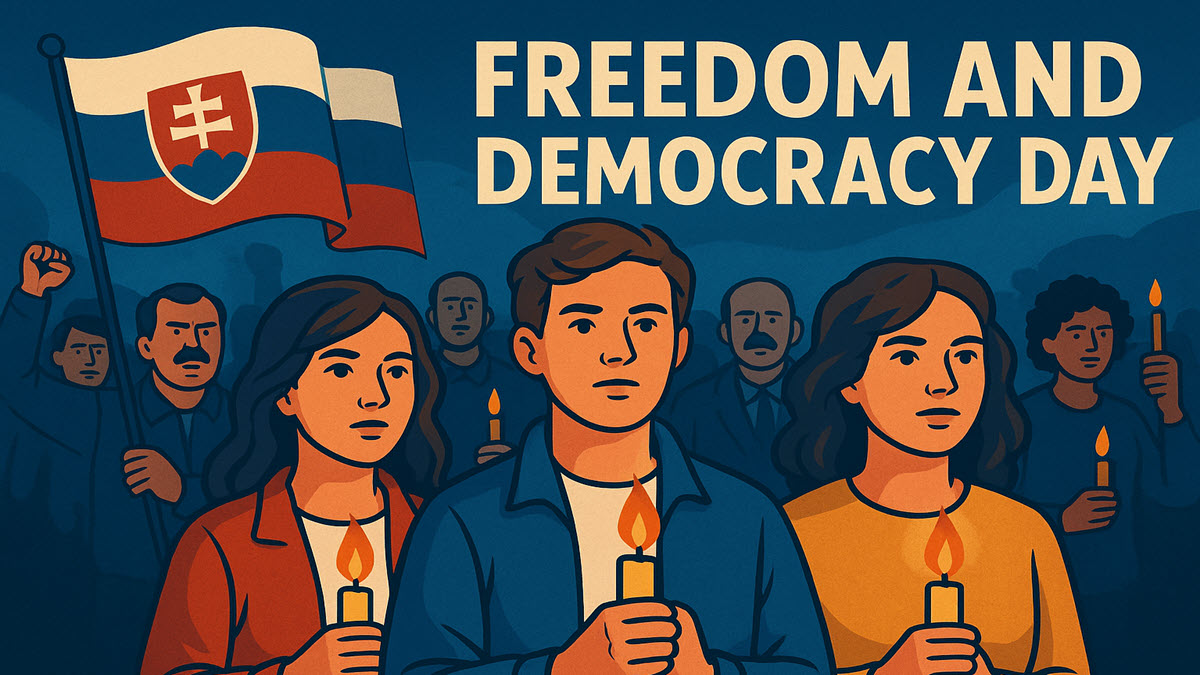
Freedom and Democracy Day (Slovakia)
Freedom and Democracy Day in Slovakia commemorates both the 1939 student protests against Nazi occupation and the 1989 student-led Velvet Revolution, symbolizing the nation’s ongoing commitment to freedom, democracy, and civic courage.
-
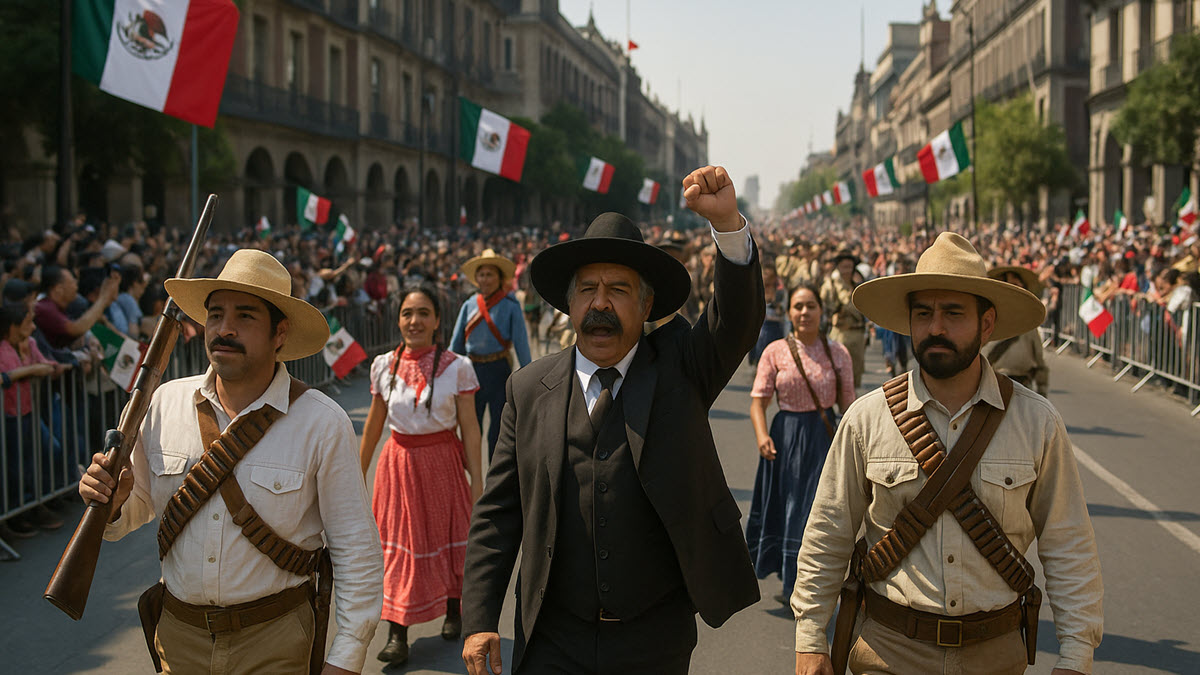
Revolution Day (Mexico)
Revolution Day in Mexico is to commemorate the start of the Mexican Revolution of 1910. This major social and political uprising began when Francisco I. Madero called for an end to the long dictatorship of Porfirio Díaz. The revolution brought significant reforms in land ownership, labor rights, and education, shaping modern Mexico. The day honors the revolution’s heroes and Mexico’s ongoing pursuit of justice, democracy and equality.
-
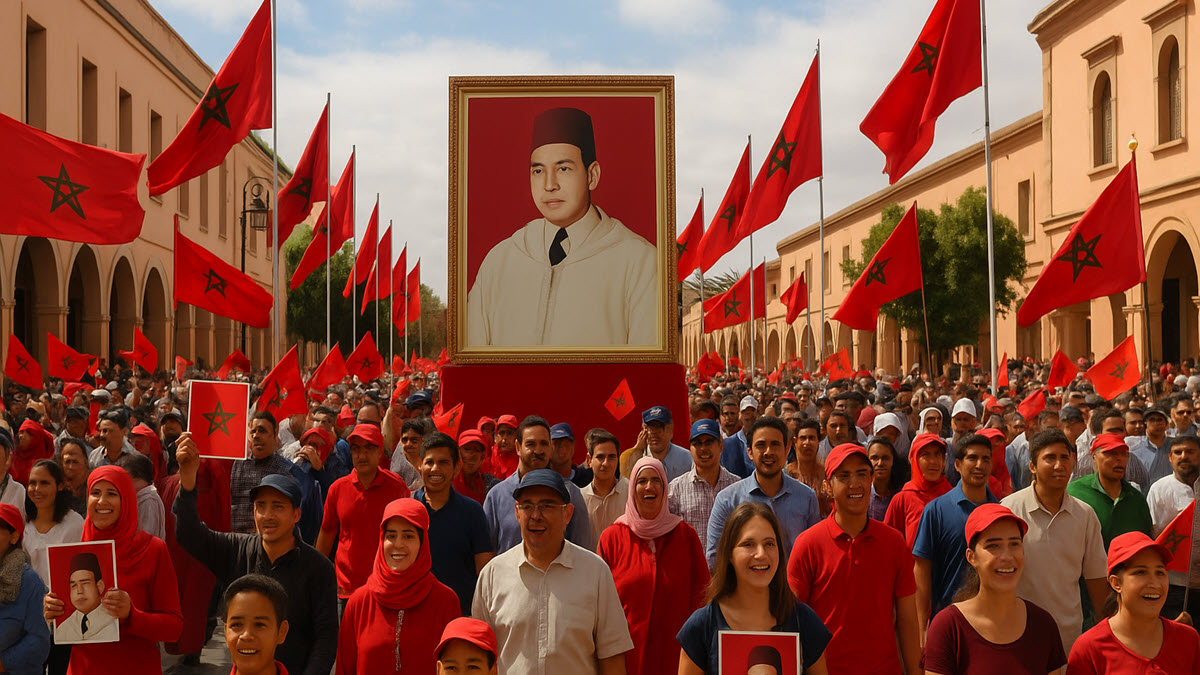
Independence Day (Morocco)
Independence Day in Morocco marks the country's liberation from French colonial rule in 1956 and the return of King Mohammed V, symbolizing national sovereignty, unity, and the rebirth of the modern Moroccan state.
-
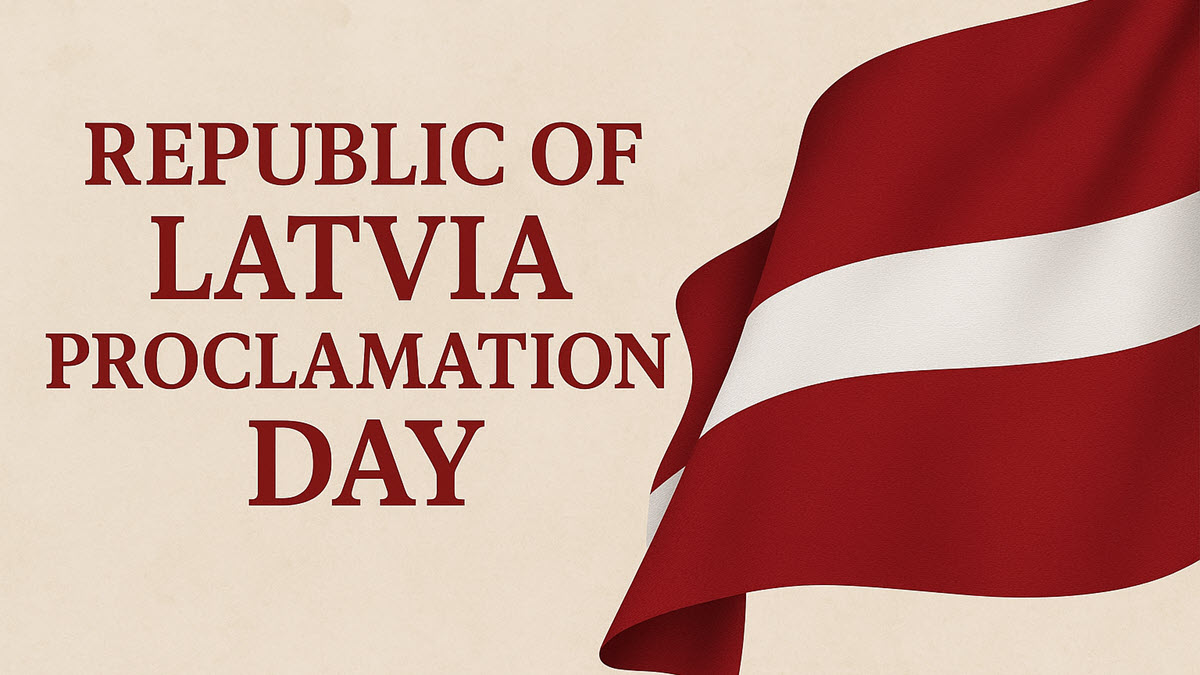
Republic of Latvia Proclamation Day
Republic of Latvia Proclamation Day marks the 1918 declaration of independence in Riga, when Latvia became a sovereign state. The day honors national unity, freedom, and the enduring spirit of the Latvian people.
-
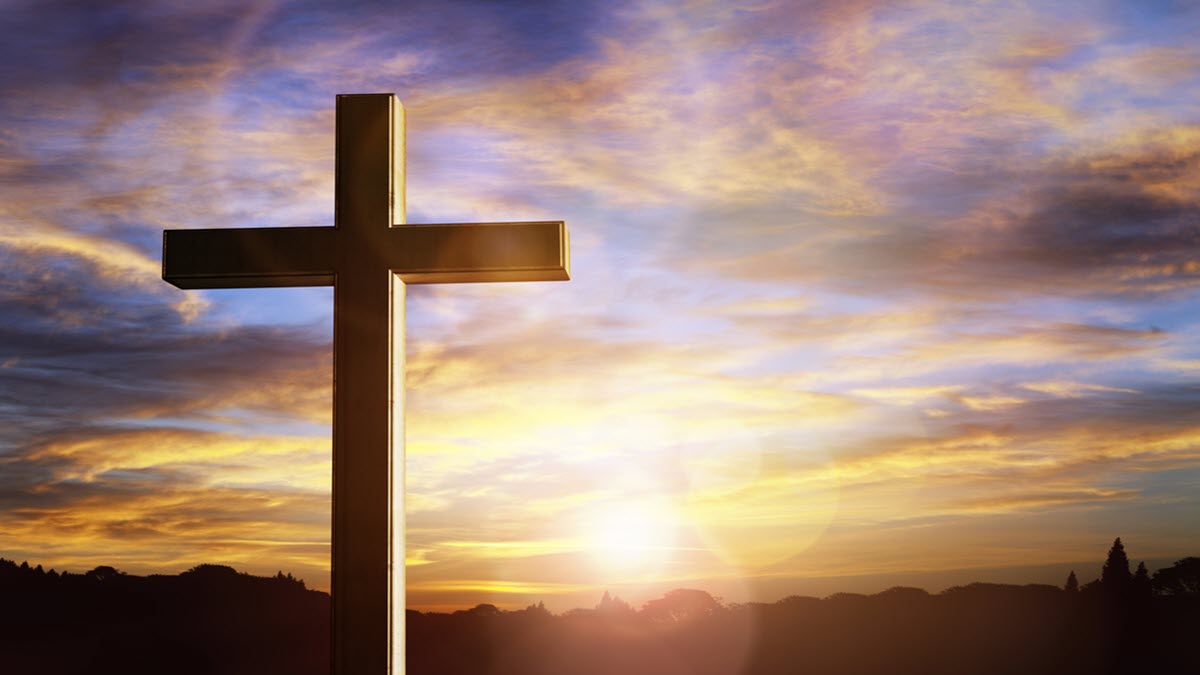
Repentance and Prayer Day
Repentance and Prayer Day is a Christian observance focused on personal reflection and repentance of sins. It has its roots in Christian teachings and has been recognized historically in various countries, particularly in Germany and parts of Europe.
-
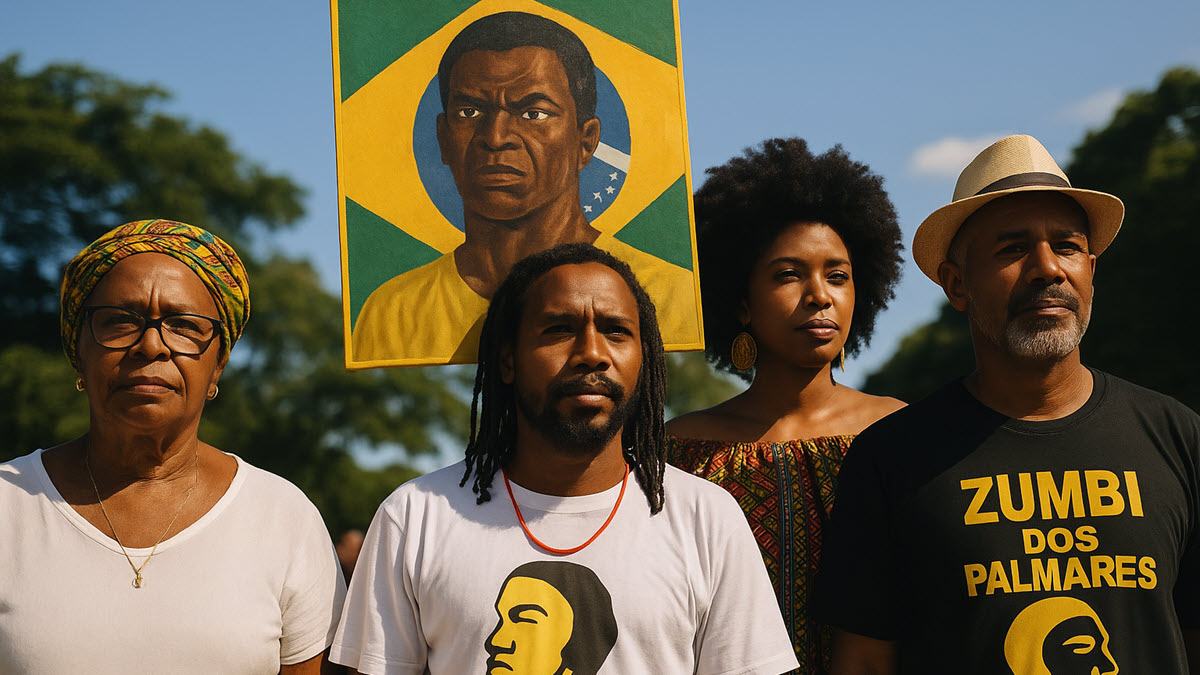
Black Consciousness Day
Black Consciousness Day in Brazil honors the history, culture and resilience of Afro-Brazilians. The date marks the death of Zumbi dos Palmares, a symbol of resistance against slavery. The day celebrates Black identity, acknowledges the struggles against racism, and promotes equality, pride and cultural heritage across Brazil.